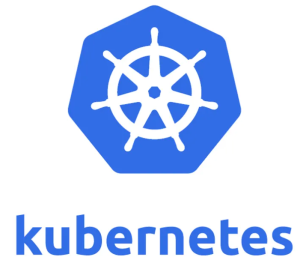Learn how to secure NFS access with Kerberos authentication in Kubernetes. Our Kubernetes Support team is here to help you with your questions and concerns.
Kubernetes NFS kerberos | An Intro
Did you know that we can Persistent Volumes and Persistent Volume Claims (PVCs) to manage persistent storage for our applications in Kubernetes?

We can use NFS as one of the storage solutions used to provide these Pvs.
Let’s take a look at how to integrate NFS with Kubernetes for persistent storage:
- First, we have to set up an NFS server that shares directories or volumes.
- Then, define a PV in Kubernetes that mentions the NFS server’s IP address, the shared directory, and other parameters.
- After that, we have to create a PVC in our application’s YAML configuration to request a specific amount of storage.
- Next, we have to mount the NFS-based storage into our Kubernetes Pods by referencing the PVC in our Pod configuration.
How to secure NFS access with Kerberos authentication?
- First, we have to set up a Kerberos Key Distribution Center (KDC). It is the central authentication server that manages authentication requests and issues Kerberos tickets. The KDC has to be configured with identities for NFS clients and servers.
- Then, we have to configure each Kubernetes node that needs to access NFS shares with Kerberos authentication as a Kerberos client. This includes setting up a Kerberos configuration file on each node and getting Kerberos tickets for authentication.
- Furthermore, our NFS server must be configured to use Kerberos for authentication.
- Additionally, we have to configure the NFS client to authenticate using Kerberos in our Kubernetes Pods that need access to the NFS shares.
- We also need a secure way to manage Kerberos credentials like keytabs.
At the end of the day, integrating NFS with Kerberos authentication in a Kubernetes cluster involves configuring the NFS server, setting up a Kerberos infrastructure, configuring Kubernetes nodes as Kerberos clients, and configuring Pods to authenticate with Kerberos when accessing NFS shares.
Let us know in the comments if you need help with the process.
[Need assistance with a different issue? Our team is available 24/7.]
Conclusion
In brief, our Support Experts demonstrated how to secure NFS access with Kerberos authentication in Kubernetes.
PREVENT YOUR SERVER FROM CRASHING!
Never again lose customers to poor server speed! Let us help you.
Our server experts will monitor & maintain your server 24/7 so that it remains lightning fast and secure.







0 Comments